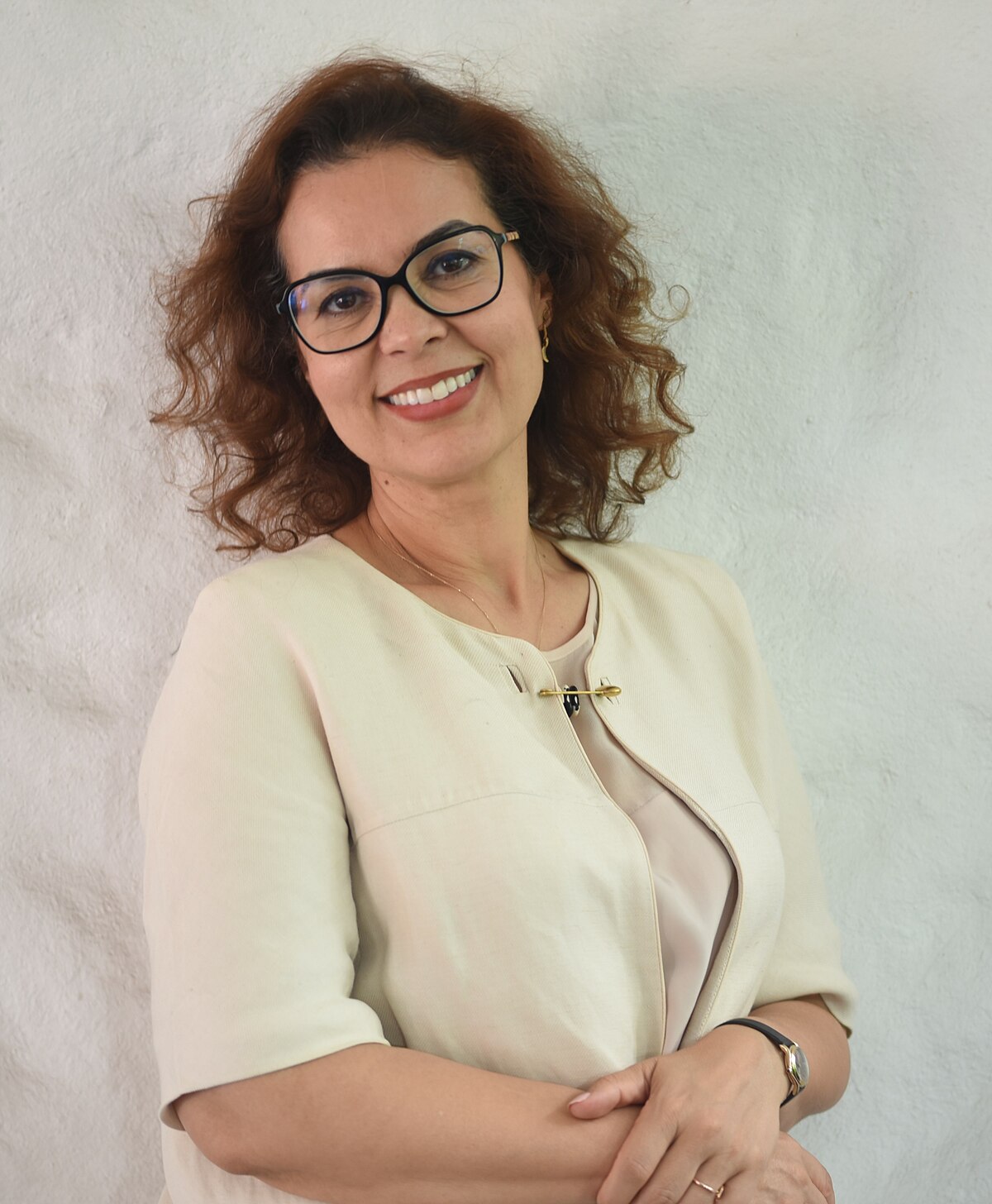Dr Ismahane Elouafi has emerged as one of the most influential figures in global agriculture and food security. As the first Chief Scientist of the Food and Agriculture Organisation (FAO) of the United Nations and now the Executive Managing Director of CGIAR, she brings both scientific expertise and strategic leadership to one of the world’s most urgent challenges: feeding a growing population under increasing climate pressure.
Through a combination of innovation, inclusion, and diplomacy, Elouafi is reshaping how the world thinks about sustainable agriculture—not only as a scientific problem but as a deeply human one.
A Unique Path in Science and Policy
Born in Morocco, Elouafi’s journey began with a degree in agricultural engineering, followed by advanced studies in Canada, where she earned her PhD in genetics. From early in her career, she stood out for her commitment to using science for social impact—especially in arid and food-insecure regions.
Her work has spanned leadership roles across continents, including at the International Centre for Biosaline Agriculture in Dubai, where she championed the use of salt-tolerant crops and water-efficient systems. That approach—finding tailored, regional solutions to global problems—would become a hallmark of her leadership.
Driving Innovation at the FAO
In 2020, Elouafi became the first person to hold the newly created position of Chief Scientist at the FAO. Her appointment marked a turning point for the organisation, placing science and innovation at the heart of its agenda.
During her tenure, she led efforts to integrate cutting-edge research into global agricultural policy. From genome editing and digital agriculture to climate-resilient crops, Elouafi emphasised practical solutions that could scale. At the same time, she pushed for greater inclusivity in science—promoting the role of women, youth, and marginalised communities in agricultural innovation.
Her work helped bridge the gap between global scientific institutions and the farmers most affected by food insecurity and climate shocks.
A New Era with CGIAR
In 2023, Elouafi took on a new role as the Executive Managing Director of CGIAR, a global research partnership that focuses on food, land, and water systems. The transition marked a strategic step forward—not just for her, but for CGIAR itself, which is undergoing a transformation to become more unified, agile, and impact-driven.
Under her leadership, CGIAR has expanded its focus on:
- Climate adaptation, developing crop varieties that can withstand heat, drought, and salinity
- Data and digital tools, helping farmers make informed decisions in real time
- Nutrition and equity, ensuring food systems serve health and social justice goals
- Global partnerships, from national governments to local cooperatives and NGOs
Elouafi’s approach emphasises systemic change rather than isolated solutions. She believes innovation must work at the intersection of science, policy, and social equity.
2024–2025: Addressing the Global Food Crisis
The past year has underscored the urgency of her work. Rising food prices, conflicts, climate disruptions, and economic instability have increased hunger in many regions. In this context, Elouafi has become a key global voice—not only in delivering scientific solutions but in shaping political will.
At climate and food security forums throughout 2024 and 2025, she has spoken passionately about the need for climate-resilient agriculture and inclusive investment. Her leadership has helped direct new funding toward sustainable farming research, particularly in Africa and South Asia.
She continues to challenge the global community to act faster and smarter, warning that “the science exists—but deployment lags.”
Science Rooted in Equity
What sets Elouafi apart is her insistence that science alone is not enough. True innovation, she argues, must be inclusive. In speeches and interviews, she regularly highlights how women farmers—who produce much of the world’s food—receive less than 10% of agricultural extension services. She also pushes for indigenous knowledge to be respected and integrated into mainstream policy.
She envisions a food system that works for everyone, not just those at the top of the supply chain.
Looking Ahead
In a world facing rising temperatures, shifting rainfall patterns, and political instability, food security is no longer just a development issue—it’s a global risk. Dr Ismahane Elouafi is steering international efforts to respond with both scientific rigour and human empathy.
Her work in 2025 is not simply about better seeds or smarter tools but about building resilient, just, and sustainable food systems. Whether advising global leaders or visiting farming communities, she brings a consistent message: science must serve people—and time is running short.
